All Employees Must Participate in the QSEHRA
Under the QSEHRA uniformity rule, all eligible employees must be offered the benefit on the same terms and conditions.
Mandatory Participation
Employers must offer the QSEHRA to all eligible employees, and employees cannot formally decline the benefit.
Same Terms and Conditions
All eligible employees must receive the same reimbursement terms, except for variations based on age or family size.
Employees Who Can Be Excluded from a QSEHRA
While QSEHRAs must generally be offered to all eligible employees, employers may exclude the following groups as allowed by law:
- Employees Under Age 25: Employers may choose to exclude employees under the age of 25.
- Employees with Fewer Than 90 Days of Service: New employees with fewer than 90 days of service may be excluded.
- Part-Time or Seasonal Employees: Employees who do not work full-time or are hired for seasonal roles can also be excluded.
- Union Employees: Employees covered by a collective bargaining agreement that includes health benefits may be excluded.
- Non-Resident Aliens Without U.S. Income: Employees without U.S. income who do not reside in the country are not eligible.
Who Qualifies as an Employee
For QSEHRA purposes, an individual must be an employee to qualify. While most employees are classified as W-2 employees, certain individuals, such as owners of S-corporations, partnerships, and sole proprietorships, may receive W-2 wages but are still considered self-employed under tax law and are not eligible to participate in a QSEHRA.
Individuals Who Do Not Qualify as Employees
Certain individuals do not qualify as employees for QSEHRA participation. These ineligible individuals include:
- Non-Employee Owners: Owners of partnerships, sole proprietorships, and S-corporations with more than a 2% ownership stake are not considered common-law employees and cannot participate in a QSEHRA.
- Independent Contractors (1099 Workers): Independent contractors are not considered employees and do not qualify for QSEHRA benefits.
Requirements for Employees to Use a QSEHRA
All eligible employees are offered a QSEHRA. However, before using the benefit for reimbursements, employees must provide proof of health insurance that meets Minimum Essential Coverage (MEC) requirements under the Affordable Care Act.
Employers must validate proof of coverage to ensure reimbursements remain tax-free.
Reimbursing employees without verifying their insurance can make the entire QSEHRA program taxable.
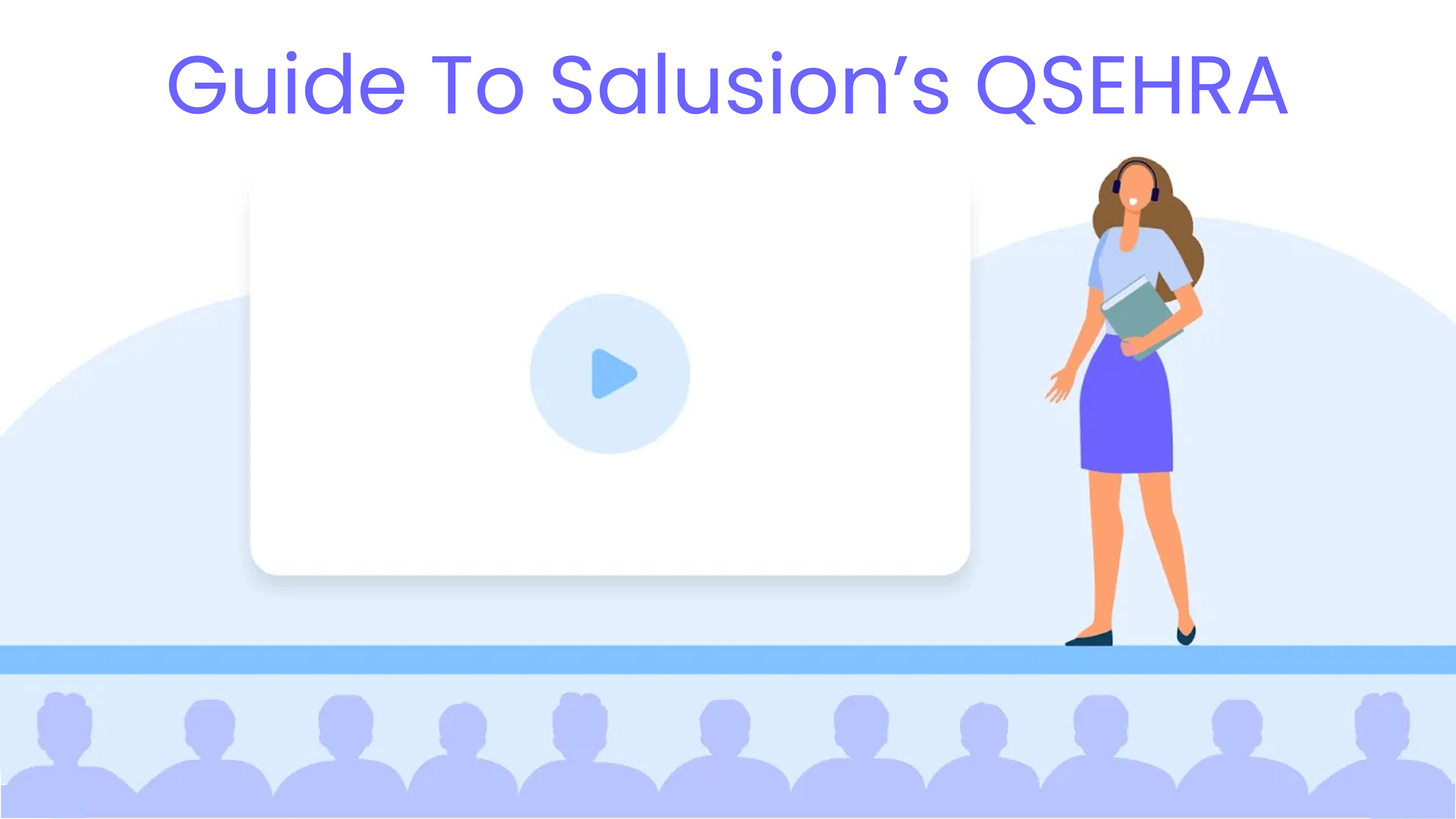
subtopic
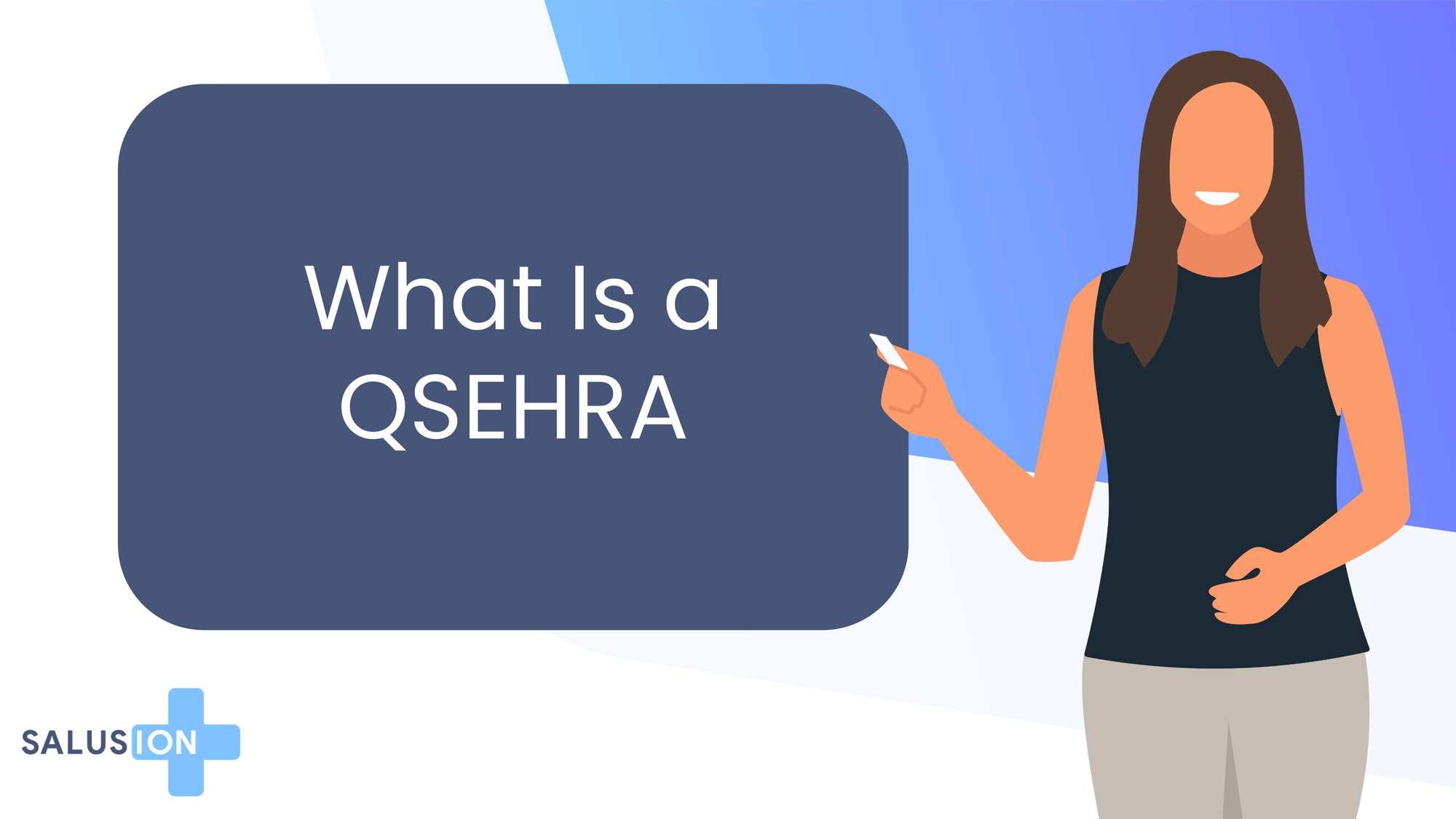
subtopic
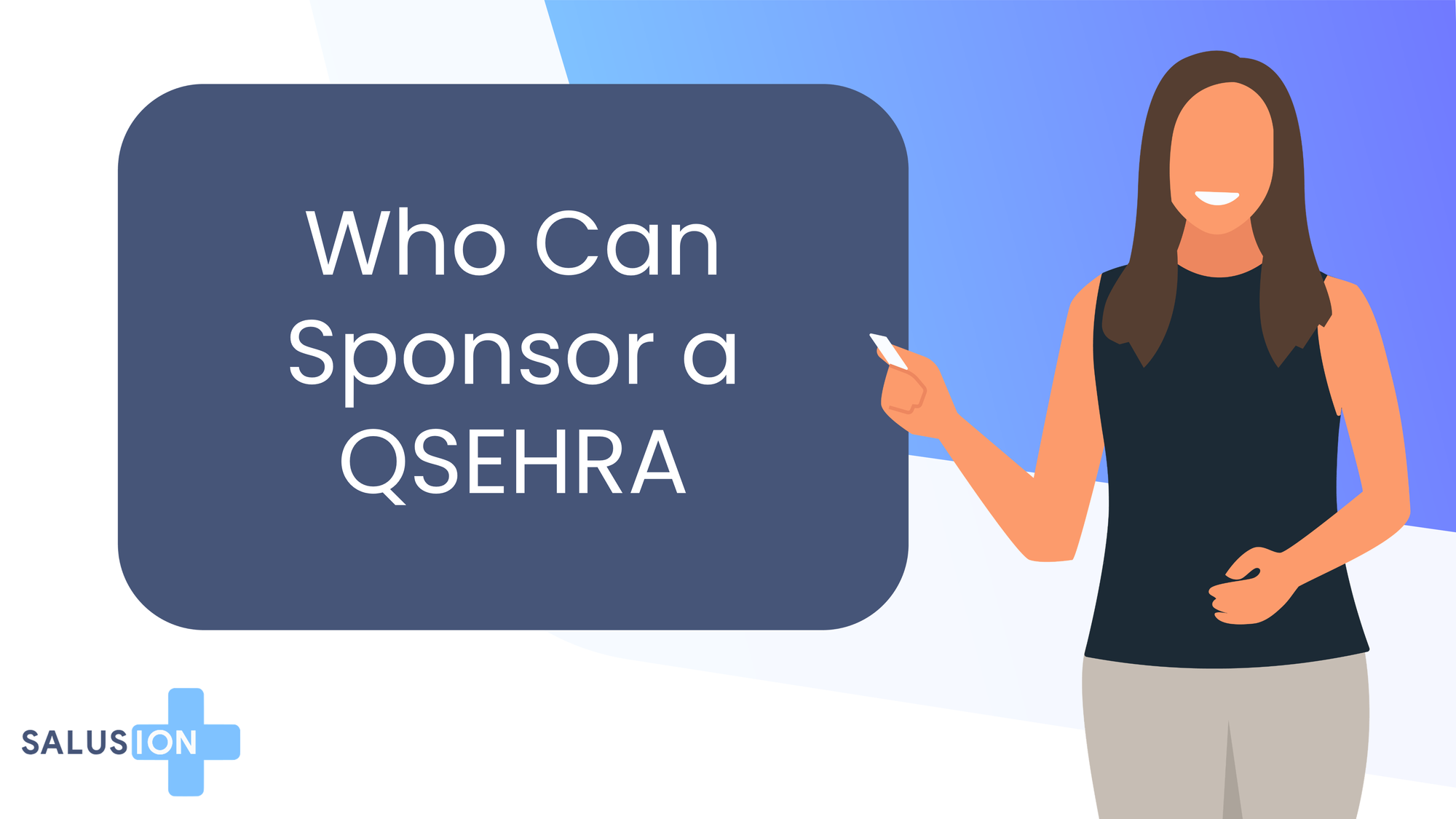
subtopic
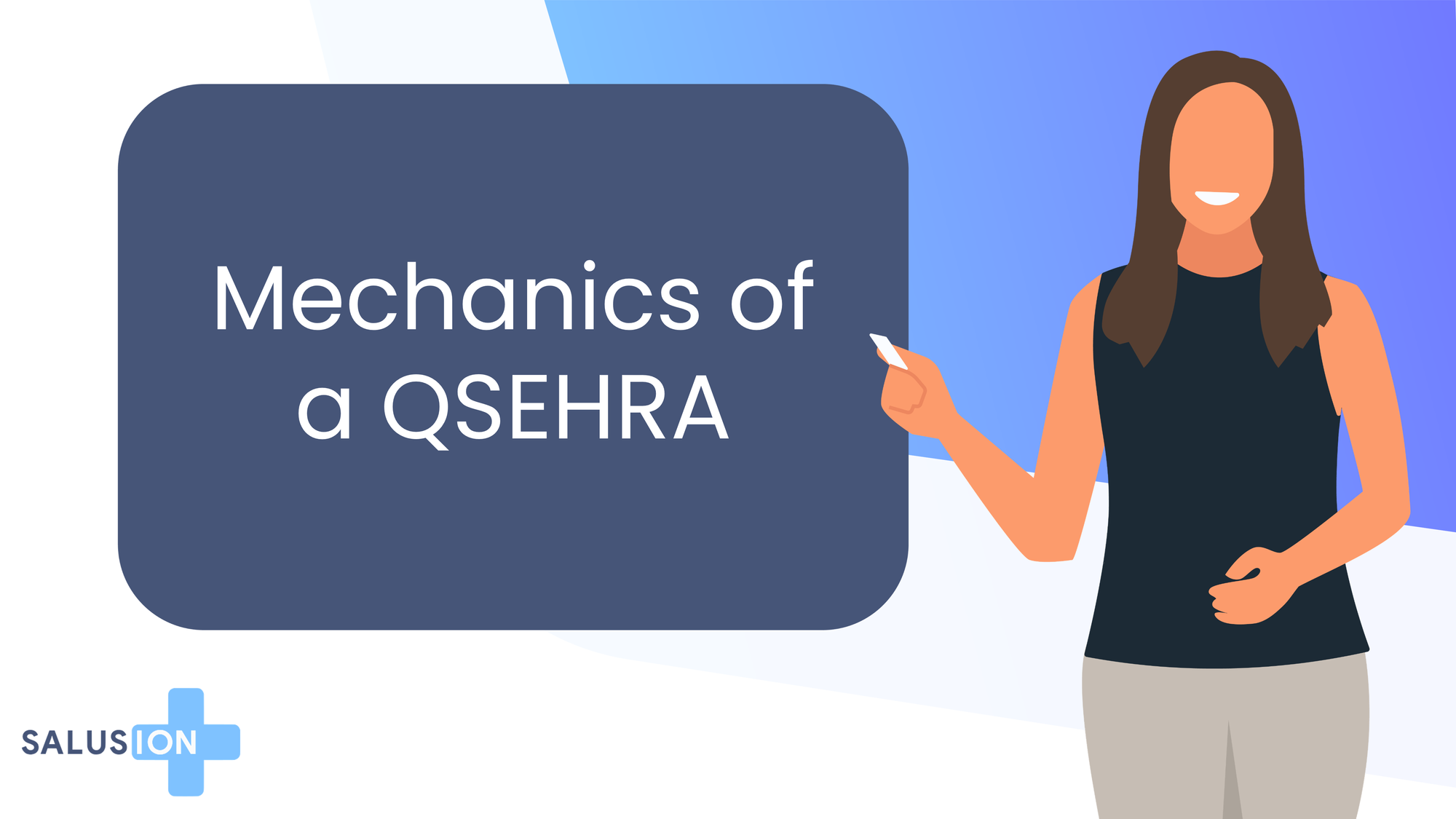
subtopic
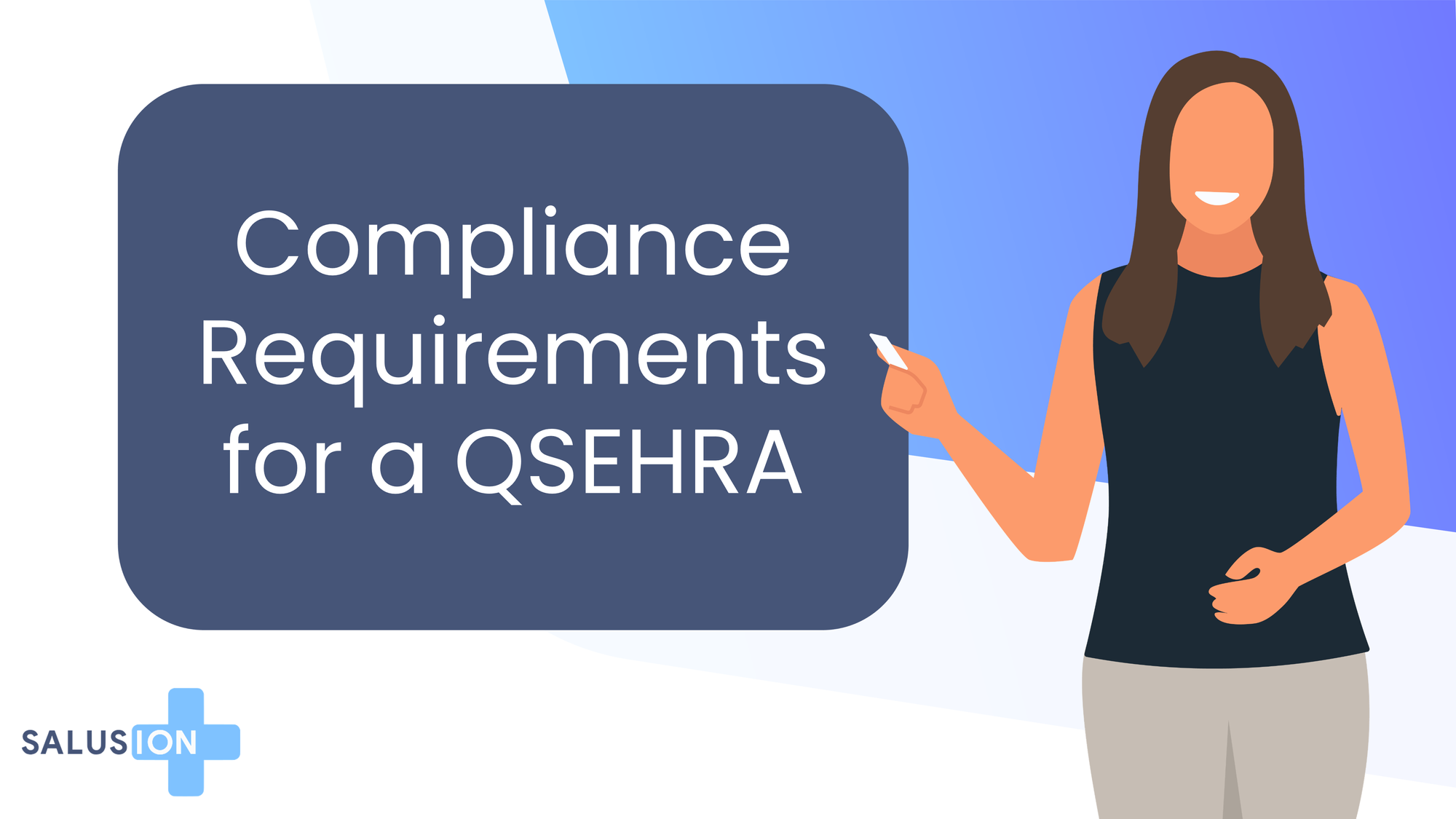
subtopic
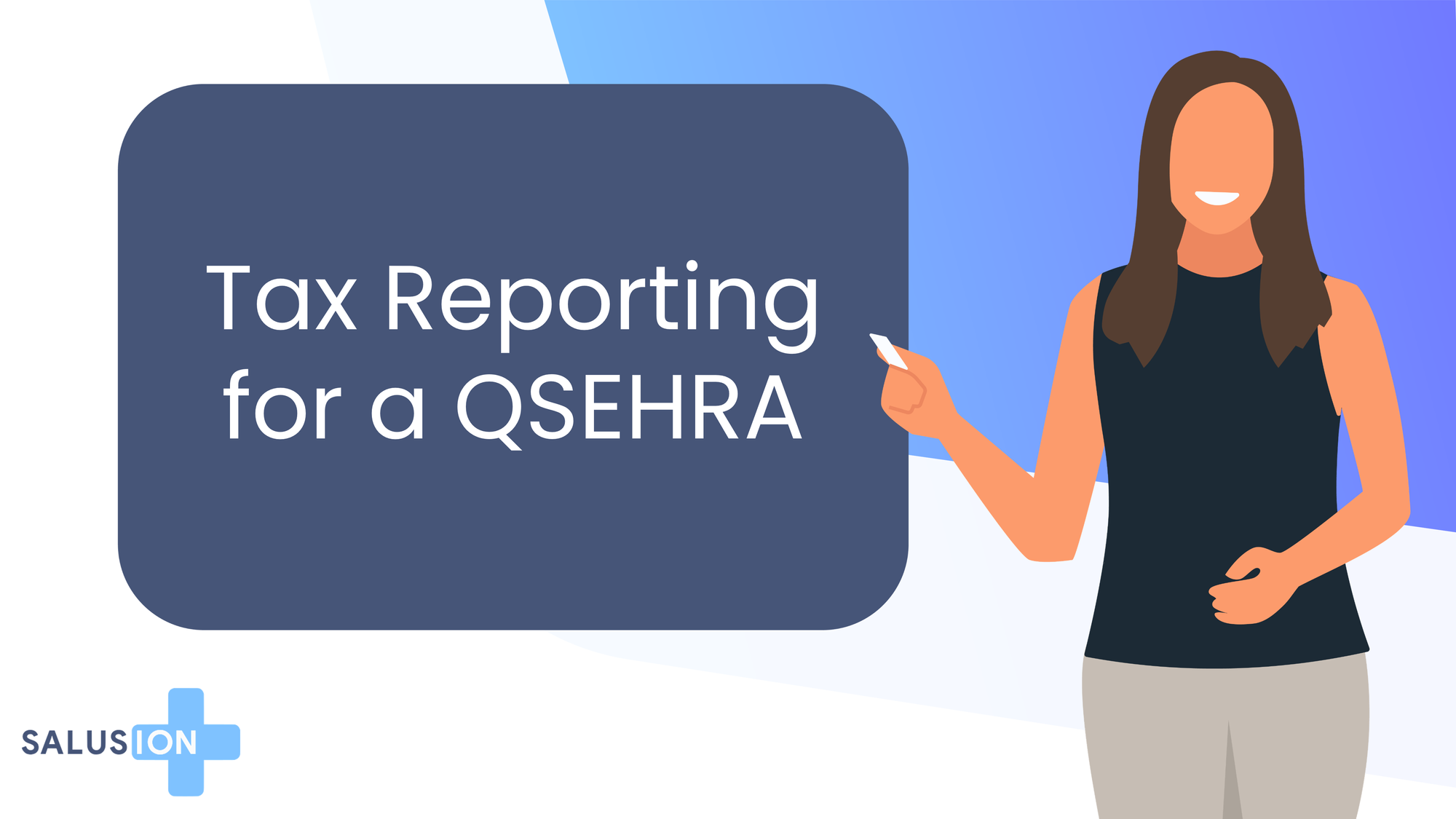
subtopic
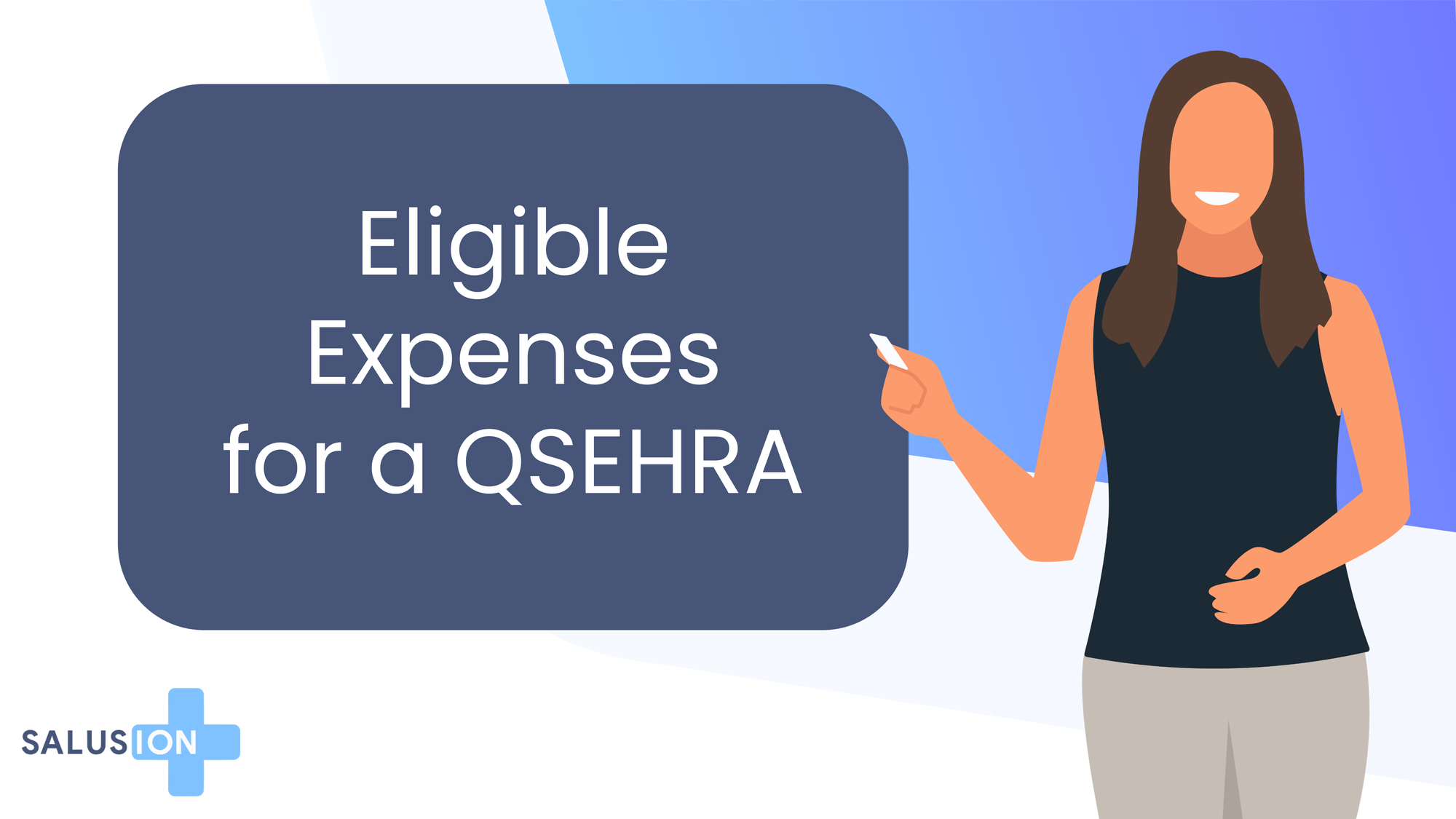
subtopic
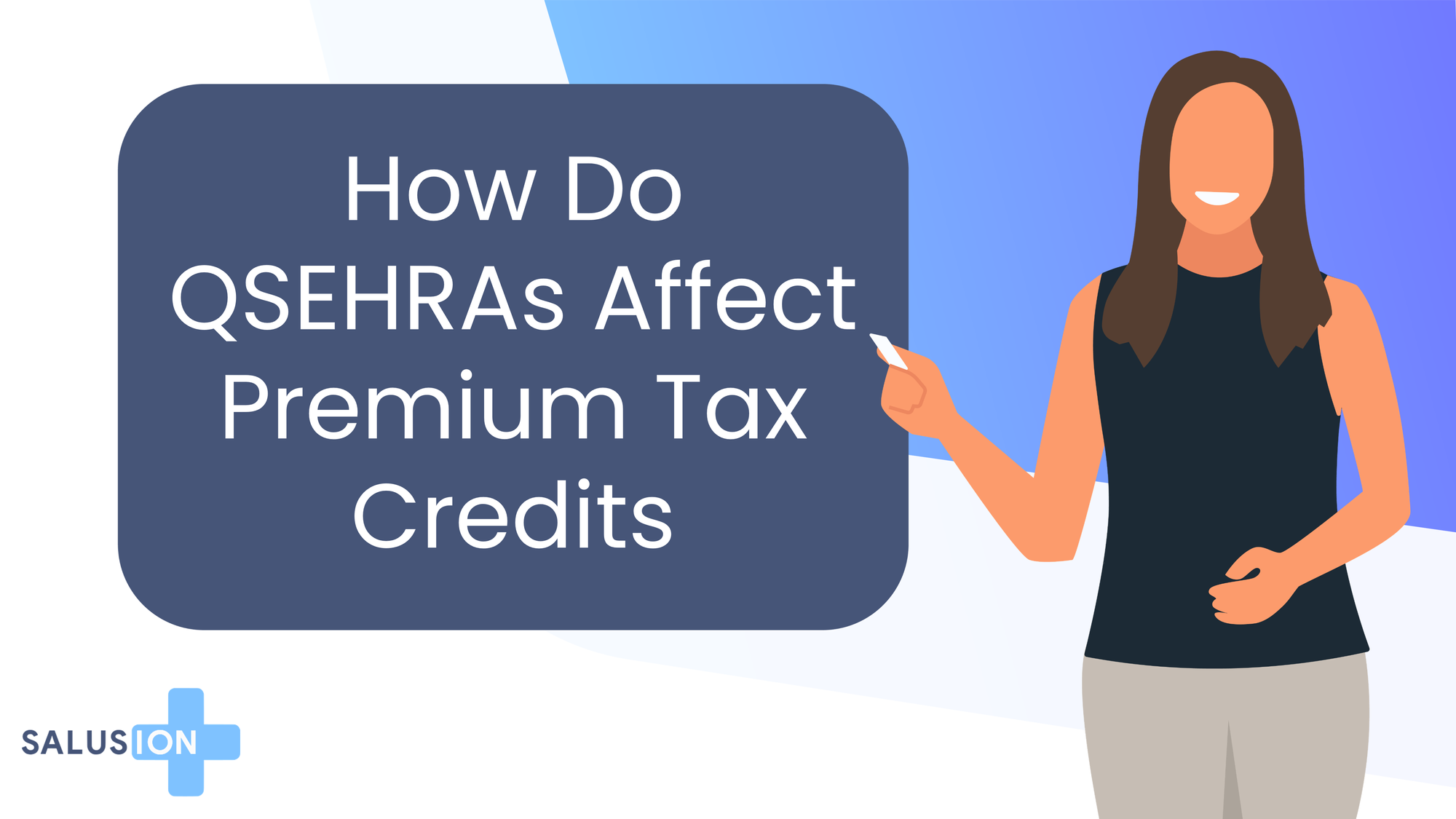
subtopic











